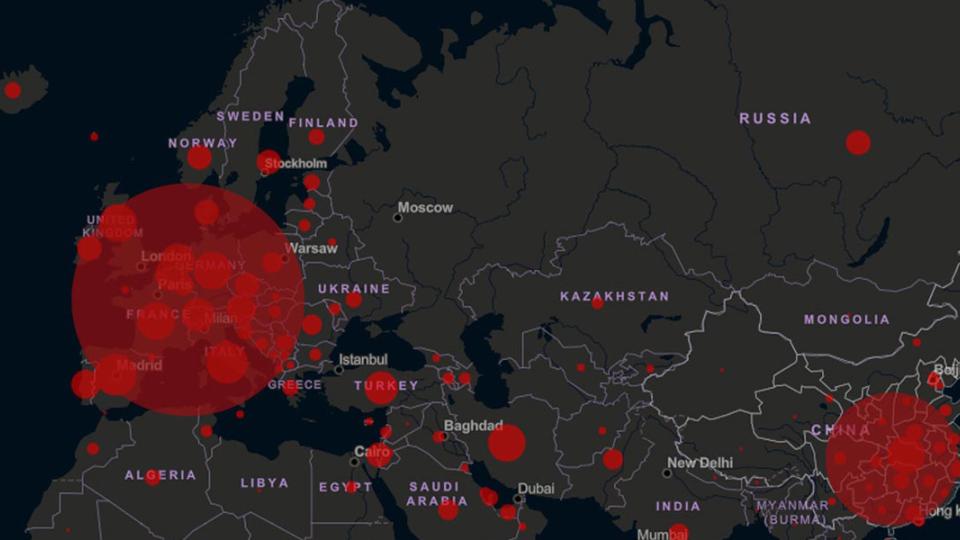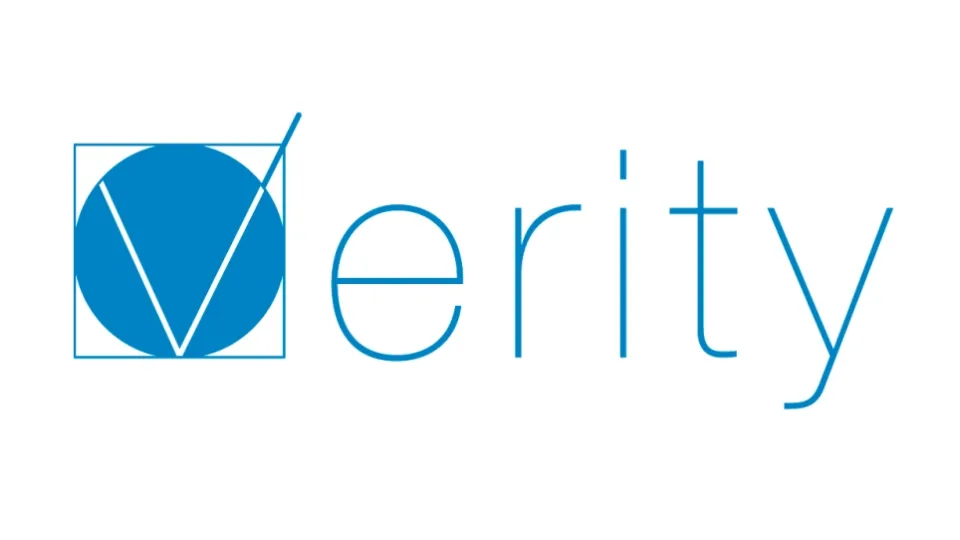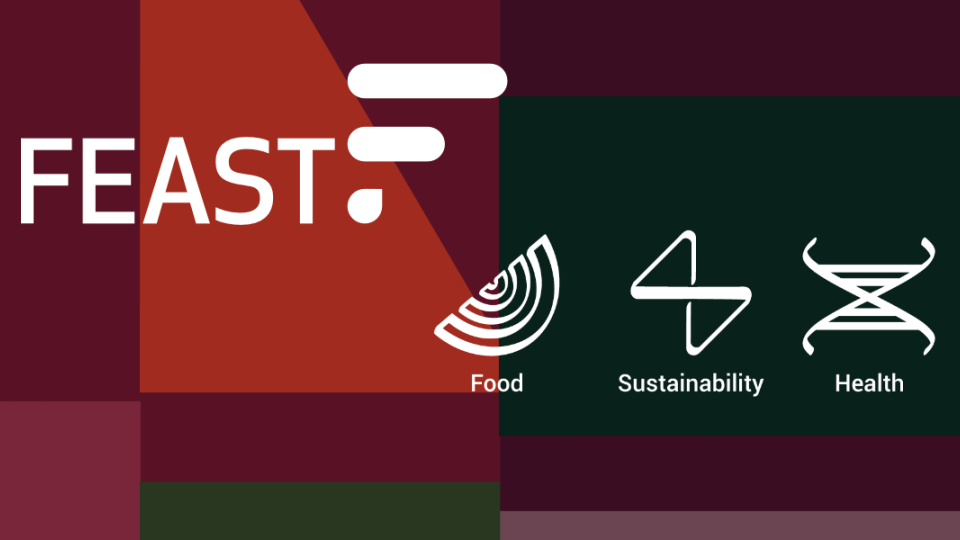Johns Hopkins experts in global public health, infectious disease, and emergency preparedness have been at the forefront of the international response to COVID-19. They created a website as a resource to help advance the understanding of the virus, inform the public, and brief policymakers to guide a response, improve care, and save lives.
Besides, they developed an interactive map to provide researchers, public health authorities, and the general public with a user-friendly tool to track the outbreak of COVID-19. All data collected and displayed are made freely available through a GitHub repository.
How can it help me?
On the website, you will find helpful information about the coronavirus, e.g. summarized in understandable Q&A articles on rules of conduct and hygiene. You can also listen to their podcast “Public Health on Call” and sign in to receive regular updates through different available newsletters.
How can I use it and what’s the benefit of it?
The website is freely available and is constantly updated. It provides an excellent opportunity to read up on scientifically based findings on the development of the COVID-19 outbreak, beyond the conventional news.



